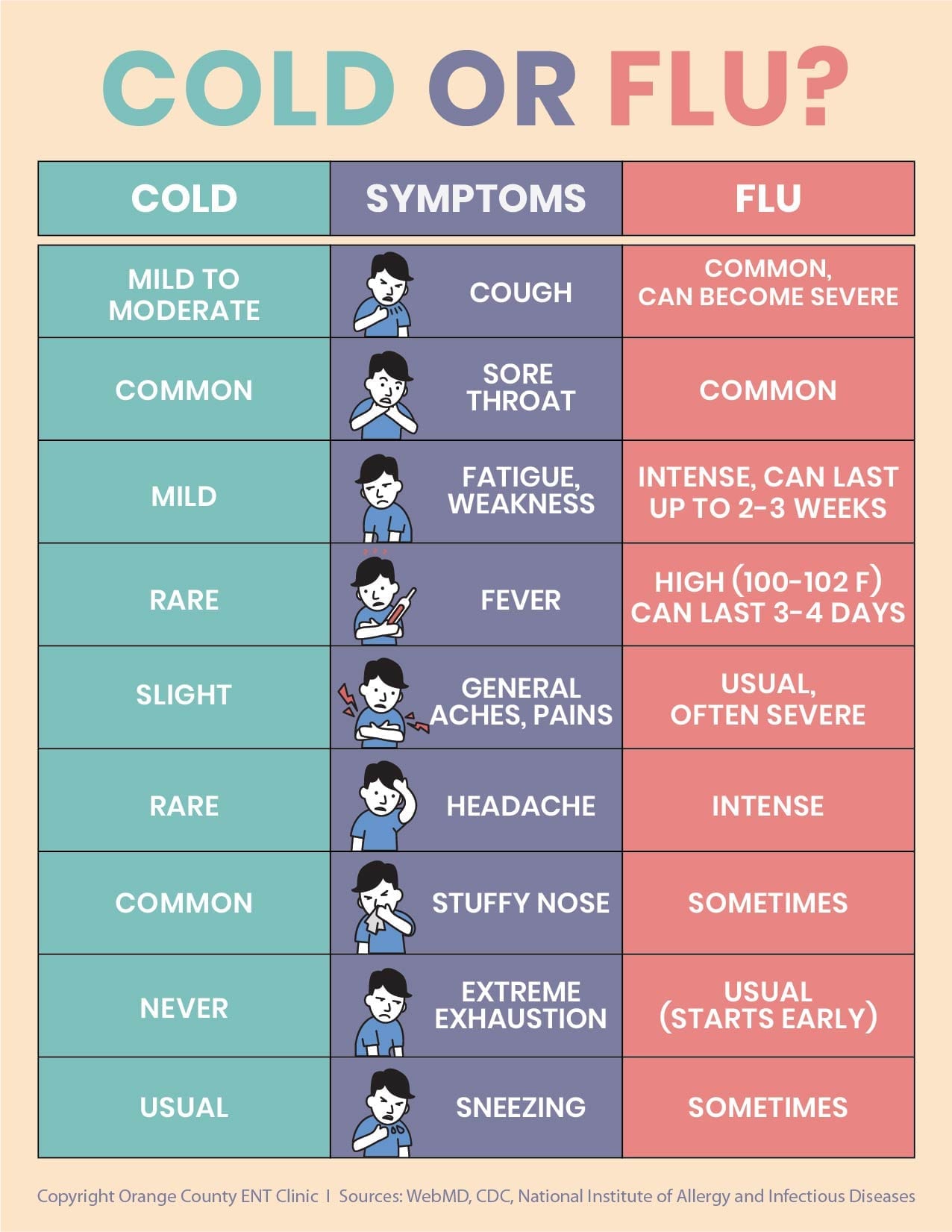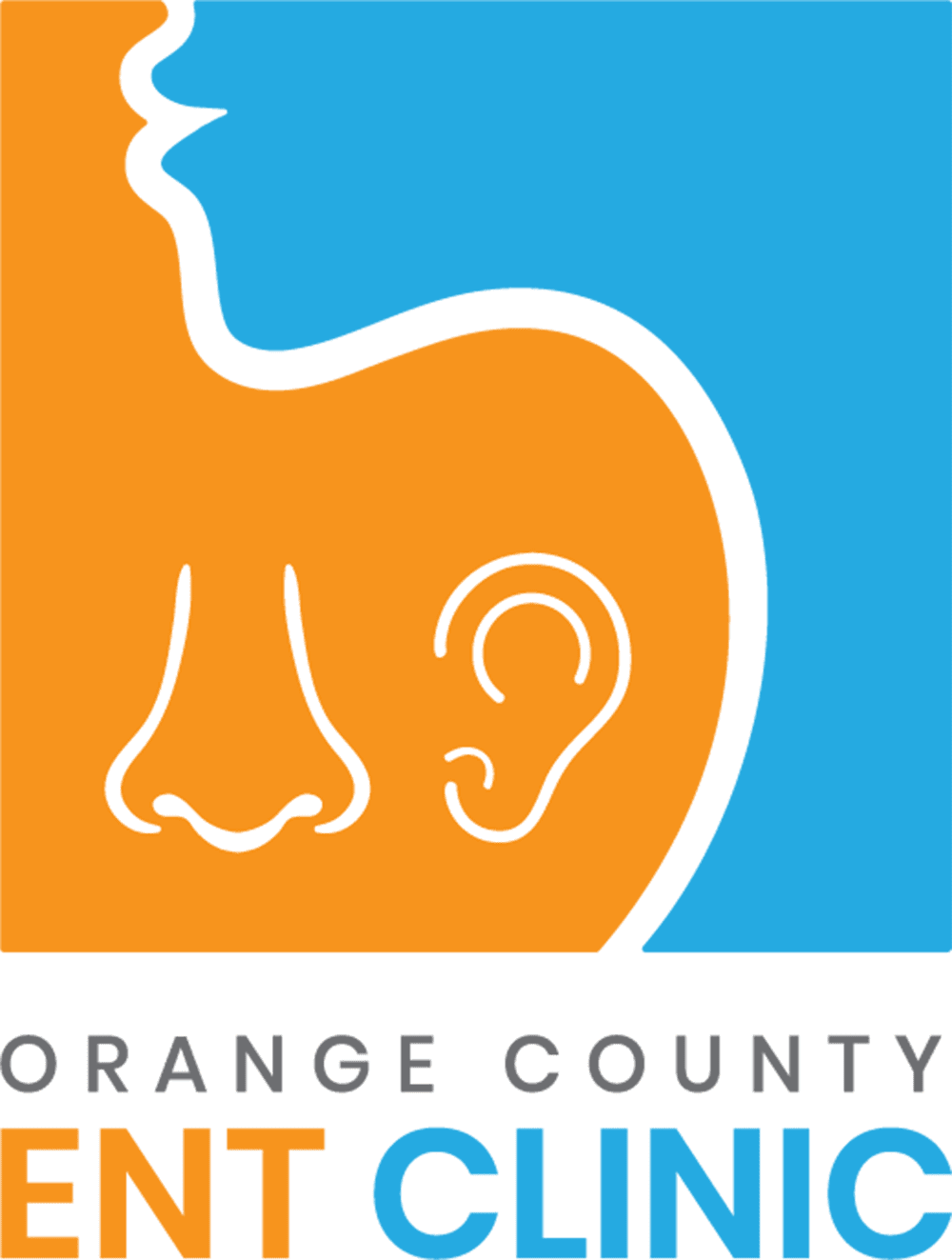Influenza are among the most common types of viral infections, especially during the winter months. While different viruses are responsible for each illness, they are both respiratory conditions. It is not always easy to tell the difference between these two infections.
The Difference in the Symptoms
Exploring the symptoms is one of the easiest ways to determine the difference between these two illnesses. Cold symptoms are usually milder compared to those of the flu. If you have a cold, the following are possible:
- Sore throat
- Cough
- Mild tiredness
- Stuffy or runny nose
- Sneezing
- Body aches or headache
When you have the flu, the following symptoms are possible:
- Hacking, dry cough
- Sore throat
- Severe body or muscle aches
- Severe fatigue
- Moderate to high fever
- Shaking chills
- Headache
- Nausea and vomiting
- Diarrhea
Duration of Illness
A common cold does not tend to last as long as influenza. On average, a cold will affect you for seven to 10 days. However, if you have the flu, this can last an average of one to two weeks.
Getting an Accurate Diagnosis
If you have a cold, your doctor is usually able to make a diagnosis based on your symptoms alone. Should your symptoms be indicative of the flu, testing can be performed to confirm the diagnosis.
To determine if you have the flu, your doctor may recommend polymerase chain reaction (PCR) testing. This allows your doctor to try and determine which strain of the flu you are infected with. A sample is obtained, and it is sent to a lab for treatment.
Differences in Treatment
Bed rest and fluids are the typical course of treatment for both of these viral infections. However, when your flu symptoms are more severe, your doctor might recommend an antiviral drug to try and reduce your risk of complications and shorten how long you are sick.
There are two primary drugs that may be prescribed. The first is an oral medication known as oseltamivir. Another is called zanamivir. To use this medicine, you will inhale it, similar to how you use an inhaler for asthma.
While the common cold does not usually get as severe for an otherwise healthy person, it can still leave you feeling sick for several days. The flu may result in several complications that could require hospitalization. Because of this, it is important to know the difference between these viral illnesses.


